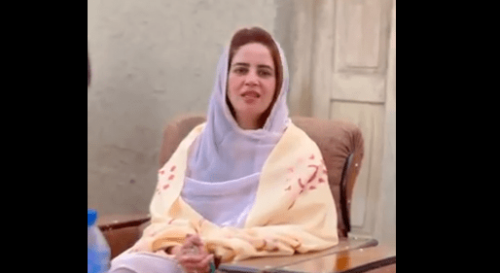LAHORE: Some senior government officials gathered in an office on Wednesday and revealed to themselves that they need not burn the midnight oil to curb the menace of hate speeches or material which can instead be minimised through simple steps they are not taking.
They reportedly met in the office of the provincial auqaf secretary where they were invited to find out a solution to the menace held responsible for fanning sectarianism or communalism in the country, especially Punjab.
A few actions they suggested during the meeting are generally avoided but considered vital at least during the meeting.
One was seizure of all hate or seditious material all over the province under Section 99-A of the CrPC. The power to do so is not new but not many in the government use it. In majority instances, cases are registered under this law but the objectionable material is not seized to “save the hassle of finding it.”
The second was the effective use of sections 11-W and 9 of the Anti-terrorism Act that provide for arrest of the printer, publisher or author of any objectionable material. But they, especially the authors, are not arrested as it requires leg work that is usually avoided.
The third pertained to strict enforcement of the Loudspeaker and Amplifier Act that allowed use of loudspeakers only for Friday prayers’ Arabic sermon. What is delivered in Urdu or vernaculars earlier is also considered sermon which it is not. Under the law, it is merely a speech that can actually hurt someone’s feelings.
There is a ban on using loudspeaker anywhere else too. One can hold a gathering within the four walls of a place but the words uttered there cannot hurt the feelings of those outside the premises, nor cause nuisance to the neighbours.
The fourth point was that action against the violators of this law is merely confined to registering cases or arresting the violators. But the loudspeakers or amplifiers used for the crime are not considered as the ‘weapon of offence’, and are therefore not seized. This hinders the deterrence aspect of the law, and allows the offender or anyone else to continue misusing the appliances.
The fifth point was that ordering the police’s Special Branch to secretly record what was being said at a public or private gathering was once the authority of the defunct district magistrate (deputy commissioner). After the abolition of the DC’s office, this power was given to the DCOs but not all of them knew about it. Such eavesdropping is generally mistaken to be the duty of police.
“All those attending the meeting agreed that the menace of hate material or speeches can be well tackled by effectively using what we already have,” said a senior official privy to the discussion.















































